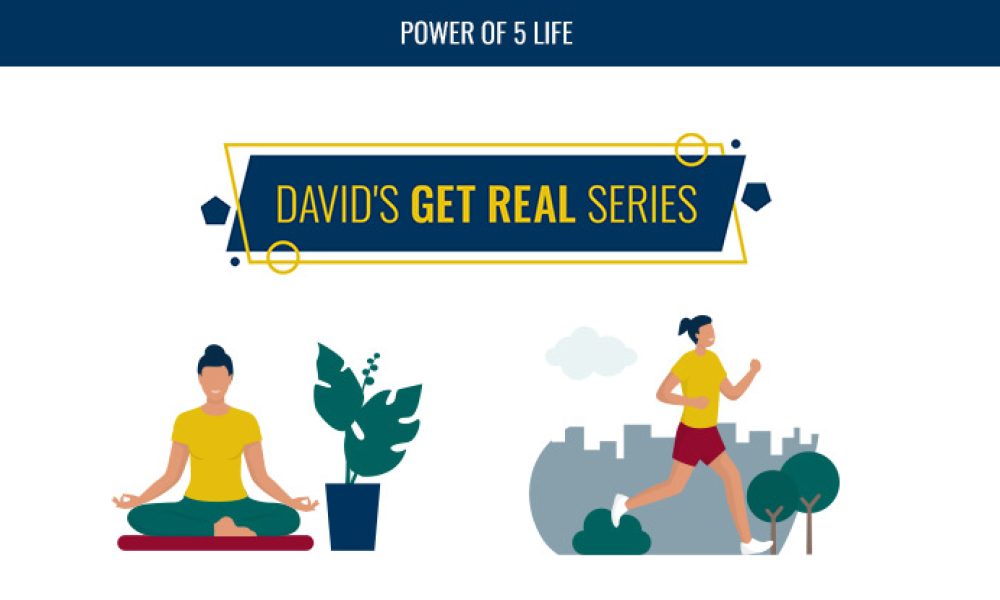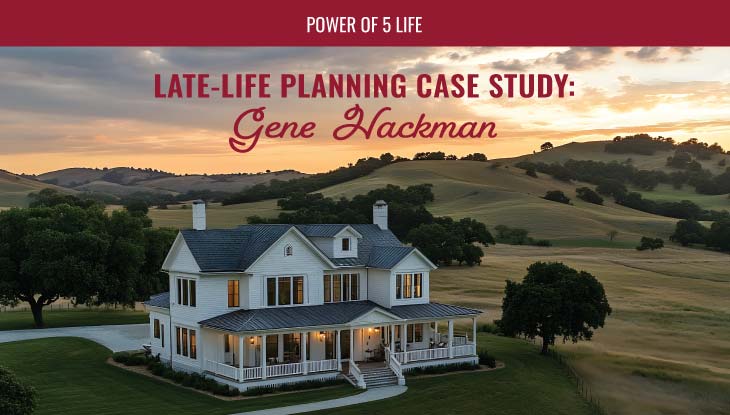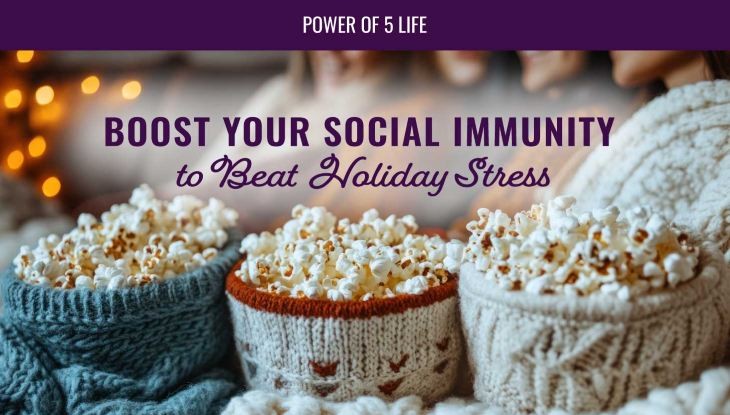Mental Health is part of the Power of 5 Lifestyle
The world health organization has defined health as a state of complete physical, mental and social well-being and not merely the absence of disease or infirmity.
What has gone so terribly wrong?
Mental health has been stigmatized. For decades, it has been carved out of any program that protects the vulnerable in this country. I believe it is just another failure of a system (government and industry) that cooperated to marginalize mental health conditions.
For social and economic reasons, we have observed a total failure to address, prevent and treat a disease that has now become an epidemic itself. How else do we explain the immense number of unhoused individuals, the epidemic of gun violence, stigmatization of mental illness, and the lack of mental health care for those in crisis?
Mental Health as Children
In one way or another, the majority of Americans are touched by mental health crises. We expose our children to bullying of all sorts: in school, at playgrounds, and at home. School gun violence has touched all children when they question why armed security is present in school every day. The exposure of our children to social media is a contributor to anxiety, depression and a source of cyber bullying.
Mental Health as Adults
As we age, these challenges do not disappear. These same threats are present in our day-to-day life. Employers have been reluctant to provide care to their employees. Employees have not felt safe to accept mental health services for fear of repercussions.
Our society has descended into a deep hole. Tremendous efforts socially and economically will be a part of the treatment.
This information is not new, but as a society we have reached a breaking point. Sure, the COVID pandemic might have exposed it, but this crisis had been just below the boiling point before a single case of COVID reared its head.
What are my vantage points?
I have seen this through various lenses in my life.
As a Physician …
I have witnessed the physical and financial consequences of stress, anxiety, chemical dependence, and inherited conditions such as schizophrenia and bipolar illness. My patients experienced significant challenges to attain insurance coverage and time to recover from their illness. Dealing with the stigma of mental illness and shortages of professionals only added to the challenges they faced. Even before COVID, burnout especially among healthcare workers was becoming a problem, and since the pandemic it has gotten worse.
As a board member of Gulf Coast JFCS …
This not-for-profit agency along with hundreds of other not-for-profits are fighting daily to get the mental health needs of their clients met. One example from the 1980-90s was working to find better living arrangements for patients stuck in state mental health facilities where their care was barbaric.
Unfortunately, our system has not found solutions and many of these patients have not found appropriate housing or have been imprisoned. Another gap in mental health care is the foster care system which has not been adequately meeting the needs of its clients.
As a concerned citizen …
Reading about the broken or non-existent mental health system. In her book “An Angel for Detroit,” Sandra Braham, the current CEO of Gulf Coast JFS, details her life as a child whose mother had schizophrenia and in a broken foster care system for years. One magnificent piece of news is that Sandra had the fortitude, gumption and intelligence to succeed when many others could not and she now runs a fifty million dollar a year family and community service agency which has as its mission: Tikkum Alom, (Hebrew typically translated to mean repair/mend the world). The organization’s goal is to heal the world as she and her staff work to fill some of the mental health gaps I have illuminated.
Where to go for help?
As you look to enhance your physical health and that of those you care about, I remind you of the need to maintain or seek the best for your mental health and fitness.
If you need counseling or any mental health service, reach out for help. Funds are now more readily available, and the stigma of mental illness has been reduced.
- There are no guarantees, but most employers offer mental health care through their employee assistance program (EAP).
- Another option is through your medical insurance policy. Information and a contact phone number is usually found on the back of your insurance card.
- NAMI (National Alliance on Mental Illness) is another option to contact. It is the nation’s largest grassroots mental health organization dedicated to building better lives for the millions of Americans affected by mental illness. Volunteers are available to answer questions, offer support and provide practical next steps. They offer resources and provide information to address many needs and concerns. There are several ways to reach them:
- NAMI HelpLine Monday-Friday— 1-800-950-NAMI (6264)
- Text “HelpLine” to 62640
- Email at [email protected]
Take Action for Yourself
I accept the definition put forth by the WHO: a state of complete physical, mental and social well-being. By living the Power of 5 formula you are including the best, most complete self-help program to reduce your risk and initiate the first steps of taking care of your own mental health. If you have not already done so, get started today.
To a long and healthy life,
David Bernstein, MD



